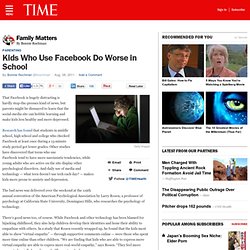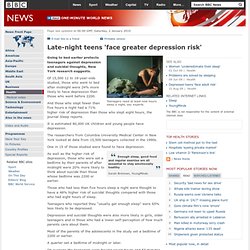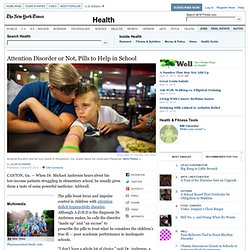

Forget dolls... study reveals modern girls prefer video games. By Ian Garland Published: 18:39 GMT, 24 June 2012 | Updated: 06:48 GMT, 25 June 2012 Computer games have replaced dolls as the top toy for girls for the first time in half a century.

A study of children's wishlists also reveals boys have turned their backs on construction toys in favour of modern gadgets and consoles, such as iPods, Playstations and the Xbox. This has been at the expense of Lego, Meccanno, Barbie and Cabbage Patch Dolls - the mainstay of British childhood from the 1950s to late 1990s. Forget dolls: Modern girls are more insterested in computers than Barbies A research, carried out by energy firm E.ON, found the move towards electronic toys started in the 1980s, with the Nintendo Game Boy.
They have since evolved into modern day games consoles such as the Playstation by Sony, the Xbox by Microsoft and the Wii by Nintendo. In fact, electronic toys have jumped from fifth most popular play thing in the 1980s to the toy of choice for the 21st century kid, the study found. Kids Who Use Facebook Do Worse in School. That Facebook is hugely distracting is hardly stop-the-presses kind of news, but parents might be dismayed to learn that the social-media site can hobble learning and make kids less healthy and more depressed.

Research has found that students in middle school, high school and college who checked Facebook at least once during a 15-minute study period got lower grades. Other studies have discovered that teens who use Facebook tend to have more narcissistic tendencies, while young adults who are active on the site display other psychological disorders. And daily use of media and technology — what teen doesn’t use tech each day? — makes kids more prone to anxiety and depression. The bad news was delivered over the weekend at the 119th annual convention of the American Psychological Association by Larry Rosen, a professor of psychology at California State University, Dominguez Hills, who researches the psychology of technology.
There’s good news too, of course. Some of their findings: Late-night teens 'face greater depression risk' Going to bed earlier protects teenagers against depression and suicidal thoughts, New York research suggests.

Of 15,500 12 to 18-year-olds studied, those who went to bed after midnight were 24% more likely to have depression than those who went before 2200. And those who slept fewer than five hours a night had a 71% higher risk of depression than those who slept eight hours, the journal Sleep reports. It is estimated 80,000 UK children and young people have depression. The researchers from Columbia University Medical Center in New York looked at data from 15,500 teenagers collected in the 1990s. One in 15 of those studied were found to have depression. As well as the higher risk of depression, those who were set a bedtime by their parents of after midnight were 20% more likely to think about suicide than those whose bedtime was 2200 or earlier.
Teenagers who reported they "usually get enough sleep" were 65% less likely to be depressed. A quarter set a bedtime of midnight or later. Attention Disorder or Not, Children Prescribed Pills to Help in School. The pills boost focus and impulse control in children with .

Although A.D.H.D is the diagnosis Dr. Anderson makes, he calls the disorder “made up” and “an excuse” to prescribe the pills to treat what he considers the children’s true ill — poor academic performance in inadequate schools. “I don’t have a whole lot of choice,” said Dr. Anderson, a pediatrician for many poor families in Cherokee County, north of Atlanta. “We’ve decided as a society that it’s too expensive to modify the kid’s environment. Dr. It is not yet clear whether Dr. “We as a society have been unwilling to invest in very effective nonpharmaceutical interventions for these children and their families,” said Dr. Dr. Dr. “People who are getting A’s and B’s, I won’t give it to them,” he said. “My kids don’t want to take it, but I told them, ‘These are your grades when you’re taking it, this is when you don’t,’ and they understood,” Ms.